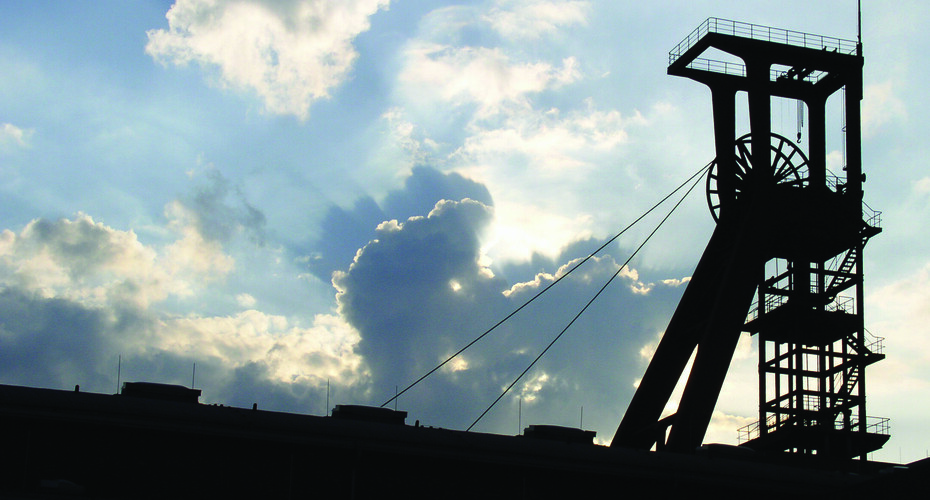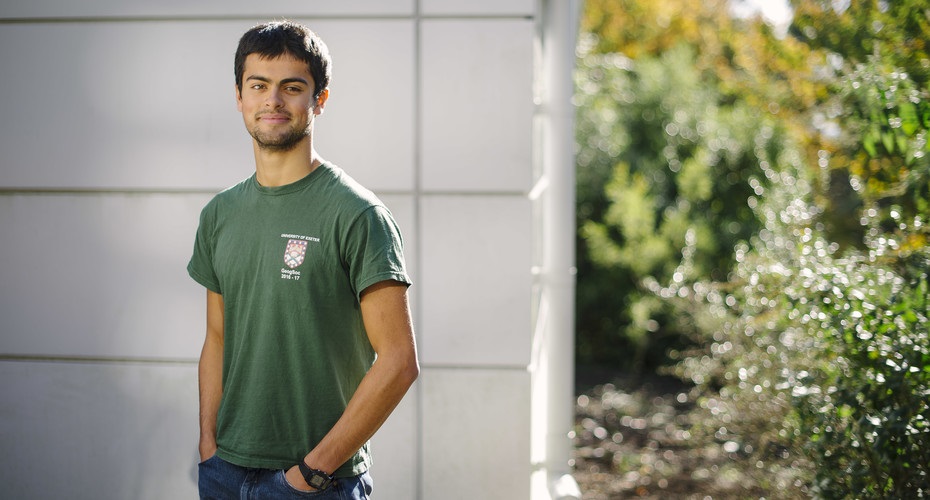| Degrees |
PhD Mining and Minerals Engineering |
|---|---|
| Duration |
| Start date | September, January or April |
|---|---|
| Location | Penryn Campus |
| Study modes | Full time and part time |
Overview
As a Mining and Minerals PhD student at the Camborne School of Mines, you will lead research projects that have a significant impact on both your chosen field of study and wider society. We work on a variety of different topics including mining and geotechnical engineering, industrial safety, surveying, optimised mineral processing, and understanding the impacts of mining on society and the environment.
Potential students with more of a focus on Geology may wish to investigate our Geology programme instead.
![]()
Top 15 in the world for Mineral and Mining Engineering
QS University World Subject Rankings 2024
![]()
Leading research facilities include £2 million analytical mineralogy labs and an automated QEMSCAN scanning electron microscope
![]()
1st in the UK for Materials and Mineral Engineering
QS World University Subject Rankings 2024
Research overview
Research groups at the Camborne School of Mines conduct research spanning the full range of the geosciences. Groups with a significant Mining and Minerals Engineering focus include:
- Mining, environment and society
- Minerals engineering
- Mining, geotechnical and safety engineering
- Mining futures
Please look at the research group pages and the linked staff profiles to find potential supervisors in your field of interest. We are always happy to discuss potential PhD or MSc by Research topics with you.
How to apply
You should have at least a 2:1 Honours degree in engineering or science or have an appropriate MSc qualification.
Requirements for international students
If you are an international student, please visit our international equivalency pages to enable you to see if your existing academic qualifications meet our entry requirements.
English language requirements
International students need to show they have the required level of English language to study this course. The required test scores for this course fall under Profile E: view the required test scores and equivalencies from your country.
Fees and funding
Tuition Fees per year 2024/25
- Home: £4, 786 full-time; £pro-rata part time
- International: £28,500 full-time
For those studying for more than one year, our fees are expected to increase modestly in line with Consumer Price Inflation measured in December each year. More information can be found on our Student Finance webpages.
Tuition Fees per year 2023/24
- Home: £4,712 full-time; £pro-rata part time
- International: £26,500 full-time
For those studying for more than one year, our fees are expected to increase modestly in line with Consumer Price Inflation measured in December each year. More information can be found on our Student Finance webpages.
Current available funding
Supervision
You can expect:
- High-quality research supervision to develop and nurture your potential
- A tailored supervision approach to help best suit your requirements
- Accessible supervisors who are enthusiastic about working directly with postgraduate research students
- Regular timetabled meetings with your supervisor
- 'Open door' policy to all postgraduate students - instant access to world-leading researchers who will share their expertise and ideas with you
- Regular meetings with your supervisory team, other members of your research group, and mentors
Our excellence

At CSM we host a thriving, diverse, and international postgraduate research community with over 40 PhD students registered in 2019.
We have exceptionally strong links with the international mining industry.
We offer postgraduates an outstanding research environment with state-of-the-art analytical facilities and laboratories, and supervisors who are working at the cutting edge of their field.
We are proud of our supportive and inclusive environment, with our Mining & Minerals Engineering PhD students routinely among the most satisfied in the university according to the annual PRES survey.
In recent years CSM Mining and Minerals Engineering PhD graduates have gone on to successful careers in industry, including working for international mining and exploration companies, civil engineering firms, consultancies, and government agencies. Graduates have also pursued successful careers in academia, including postdocs and lectureships.











